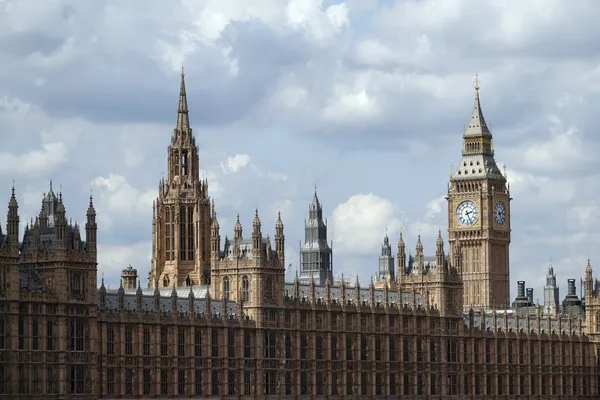Key Potential Budget Impacts on Fleet Management
As the UK Autumn Budget 2024 approaches, there are key potential changes and announcements that could have a significant impact on fleet managers, companies with fleets, and the broader fleet management industry. These are based on rumoured budget updates and industry analysis.
1. Fuel Duty Increases
The Chancellor is expected to consider revisiting fuel duty, which has been frozen since 2011. Speculation suggests that this freeze may end, with potential fuel duty increases introduced to help balance fiscal demands. If this happens, it could significantly affect companies relying on fuel-heavy fleet operations, particularly in sectors such as construction, logistics, and transport. Rising fuel costs may prompt businesses to accelerate their transition towards electric vehicles (EVs) or hybrids to reduce long-term fuel expenses and environmental impactThe Electric Car Scheme
Johnston Carmichael
.
2. Company Car Tax Adjustments
The government has been promoting the adoption of electric vehicles (EVs) by offering favourable Benefit-in-Kind (BiK) tax rates. It is likely that the upcoming budget will continue this trend. However, we may see adjustments to BiK rates for higher-emission vehicles, which could further encourage businesses to adopt ultra-low emission vehicles (ULEVs) and EVs in order to avoid higher tax costs. This potential shift reinforces the importance for fleet managers to begin transitioning their fleets towards electric or hybrid modelsThe Electric Car Scheme
.
3. EV Charging Infrastructure Investments
To support the UK’s goal of a greener economy, the Autumn Budget is expected to include additional investment in EV charging infrastructure. This could mean more public and workplace charging points across the country, addressing one of the key challenges facing businesses interested in transitioning to EVs—charging accessibility. Companies that are currently considering EV adoption should look to take advantage of the long-term benefits this improved infrastructure will bringGrant Thornton UK LLP
.
4. Fleet Electrification Incentives
The Autumn Budget is expected to extend or introduce more incentives for fleet electrification. Tax reliefs or financial support for businesses transitioning to electric vehicles could be enhanced, encouraging companies to make sustainable choices that will have long-term benefits. These incentives could cover purchase subsidies, grants, or favourable tax treatment for EV adoptionThe Electric Car Scheme
Grant Thornton UK LLP
.
5. Increases in Employer National Insurance Contributions (NICs)
There are growing rumours of a potential increase in employer NICs. This would impact businesses across the board, and while not fleet-specific, it would increase operational costs for companies managing large fleets. This added pressure could push fleet managers to explore cost-saving measures, such as improving fleet efficiency or reducing fleet size through fleet management services that can help control overall costsJohnston Carmichael
.
What Should Fleet Managers and Businesses Do?
- Review Fleet Policies: With potential fuel duty hikes and higher taxes on high-emission vehicles, companies should expedite their shift towards electric or hybrid fleets to minimise exposure to future cost increases.
- Maximise EV Tax Benefits: Ensure your business takes full advantage of current EV tax incentives before any changes are announced. By transitioning to ULEVs or electric vehicles, companies can secure both immediate and long-term financial benefits.
- Prepare for Increased Compliance: As fiscal and environmental regulations become more stringent, fleet managers should expect greater compliance requirements. Investing in fleet management technologies like telematics will help ensure your business remains compliant and improves fleet efficiency.




